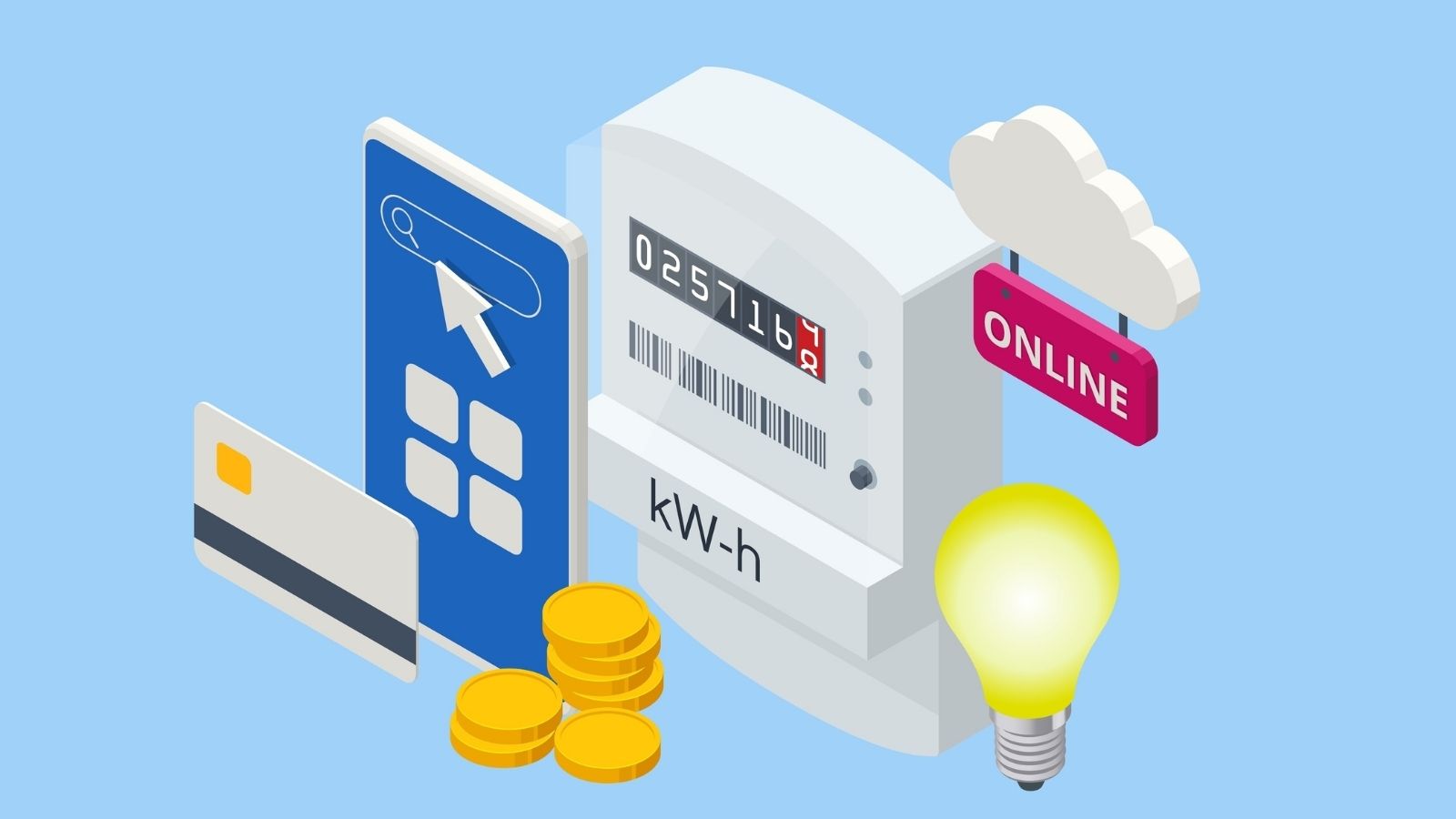Big tech companies have a powerful influence on our daily lives, including how we spend money. From tracking our online behavior to using algorithms that shape our choices, these corporations use subtle tactics to steer our spending. In this article, we’ll explore 17 surprising ways that tech giants control our purchasing decisions, often without us even realizing it. By understanding these methods, we can become more aware of how our spending habits are being manipulated.
Personalized Ads That Know You Too Well

Tech companies collect vast amounts of data about your searches, purchases, and interests, allowing them to create highly personalized ads. Ever feel like your phone is reading your mind? These companies know you so well that their ads seem almost psychic. For example, those shoes you browsed yesterday now appear everywhere online, tempting you to purchase. By leveraging your browsing habits, these tailored ads are designed to get you to spend money—often without even realizing it.
Subscription Services You Forget About

The subscription model used by Big Tech is brilliant. App subscriptions, cloud storage, and streaming services appear minor, controllable costs, but they mount up. The worst thing? Many of these services secretly deplete your account each month, even if you are unaware.
The Power of “Buy Now, Pay Later”

In recent years, purchase now, pay later options have become increasingly popular due to their ease, and digital companies like PayPal and Amazon have jumped on board. Getting what you want now and paying for it later feels like a victory. It’s a psychological trap, though. When the expense seems like a far-off concern, you’re inclined to make quick purchases.
Influencer Marketing Tapping Into Your Trust

Influencers have turned social media sites like Instagram and TikTok into major shopping destinations. These platforms make it easy for influencers to sell products, often blurring the line between sponsored advertisements and genuine recommendations. Additionally, it’s easy to be persuaded to spend money on items you didn’t even know you needed, as people tend to trust the influencers they follow.
Algorithmic FOMO (Fear of Missing Out)

Social media platforms’ algorithms are meant to keep you browsing and spending money. Tech businesses instill a persistent sense of FOMO by selecting information that appeals to your interests and fears. Big Tech is adept at making you feel like you’re missing out on things, whether it’s the newest fashion fad or a necessary device.
One-Click Purchases for Instant Gratification

The one-click buy function on Amazon is dangerously practical. You can have something delivered to your door with a single tap. The ease of use eliminates the hassle of payment, making careless spending too simple. Never before has quick satisfaction been so…instant.
Push Notifications That Nudge You to Buy

Your phone’s constant notifications aren’t random. Big Tech strategically designs them to lure you back into their apps. These nudges, whether a sale alert, a cart reminder, or a “special offer just for you,” are meant to keep your purchasing on autopilot.
Artificial Scarcity to Create Urgency

Have you ever noticed that the products you’re browsing online are “almost sold out” or that there are only “two hours left” to grab a deal? Tech platforms have long used this tactic to create a sense of urgency. By generating artificial scarcity, they make it hard to resist the pressure to buy immediately.
Endless Recommendations

Not only do online retailers like Amazon and Netflix display what you want when you shop, but they also suggest what you should buy next. These suggestions are not without flaws. They are meticulously crafted to maintain your consumption pattern based on your past purchases and habits.
Free Shipping—At a Price

We all love free shipping, but it’s rarely “free.” Platforms like Amazon Prime entice you with free shipping in exchange for a yearly fee. The kicker? Once you’ve paid for Prime, you’re more likely to shop there frequently to justify the cost, ultimately spending more.
Data-Driven Price Discrimination

Online prices are not the same for everyone. Tech platforms use data to calculate your likely price depending on your device, location, and browsing history. The price will be higher if they believe you are willing to pay more. You might not even know you are overpaying due to this subtle deception.
Loyalty Programs That Hook You In

Platforms like Apple and Google Play reward you for staying loyal. Whether through exclusive perks or points-based systems, these programs keep you returning for more. And once you’re hooked, it’s hard to break free from the cycle of spending.
Seamless Payment Systems

Paying for goods without feeling like you’re spending actual money is now relatively simple, thanks to tech businesses. Swiping a card or entering information is no longer necessary when using digital wallets like Apple Pay and Google Pay, which provide a seamless payment experience. However, this ease of spending can cause individuals to lose sight of the true value of the things they buy, potentially resulting in overspending.
Targeted Discounts

If you’ve ever wondered why a discount seems perfectly tailored to you, it’s because it probably is. Tech companies analyze your browsing habits and purchase history to offer personalized discounts at the right moment, pushing you toward spending.
Gamification of Shopping

Thanks to apps like eBay or rewards programs, shopping has become a game. Whether it’s a countdown timer on a bid or a limited-time offer, tech platforms tap into your competitive side. The result? You spend more because it feels like a game you’re trying to win.
Social Proof Through Reviews

Big Tech understands that user reviews significantly influence buying decisions. Positive evaluations are prominently displayed on platforms, making you believe a product is essential. Unknown to you, the psychology of social proof encourages you to make a purchase.
Tailored Search Results

Product searches on websites like Google and Amazon don’t yield neutral results. They are designed to display the content that Big Tech wants you to see based on your past actions.
The top choices are frequently what the algorithms think you’re most likely to purchase, even though they may not usually be the greatest or most affordable.
Conclusion

The impact of Big Tech on our spending patterns is pervasive in the digital environment. These businesses provide innovation and convenience, but they also greatly influence our choices, often without our knowledge. The next time you make an online purchase, consider whether you control your spending or if Big Tech is steering your decisions.
18 Reasons Why People Are Leaving Florida in Masses

Exploring factors that impact the desirability of living in Florida, this list delves into various challenges shaping residents’ experiences. From environmental concerns like rising sea levels to economic factors such as fluctuating job markets, these issues collectively contribute to a nuanced understanding of the state’s appeal.
18 Reasons Why People Are Leaving Florida in Masses
